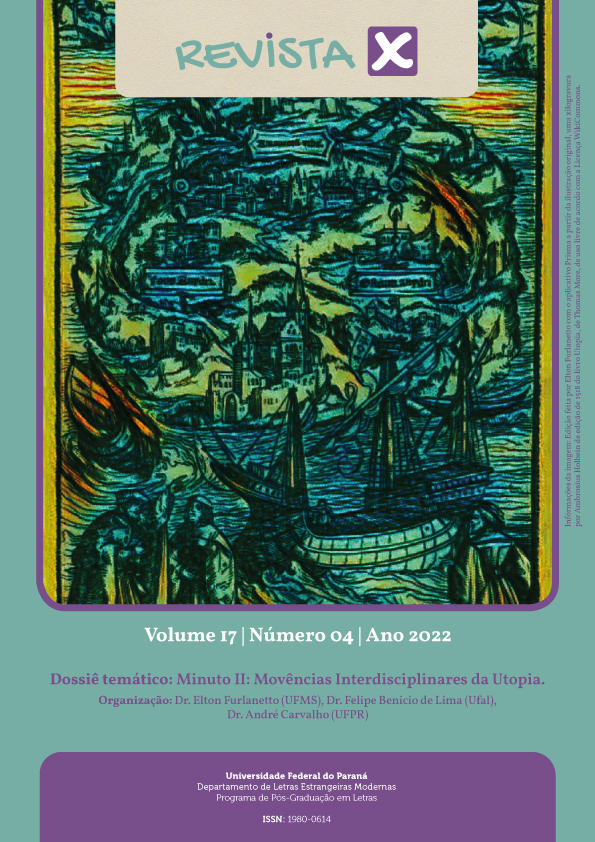Feminist Utopianisms of/in Literary Language: Some Questions of Translation
DOI:
https://doi.org/10.5380/rvx.v17i4.87009Keywords:
Feminist utopianisms, Language, Translation, GenderAbstract
The 1960’s and 1970’s were decades generally referred to as key moments of to the second wave of feminism. They were the stage for relevant feminist utopianism also in the realm of language – and thus literature – along with the political militant activism. This article offers some brief analyzes of three utopian-feminist novels in regards to questions of language, in interface with dynamics of the translation activity: The Cook and the Carpenter (1973), by June Arnold, Woman on the Edge of Time (1976), by Marge Piercy and Ancillary Justice (2013), by Ann Leckie, taking into consideration their respective translations, whenever they exist. In a framework that combines Feminist Criticism, Gender Studies and Translation Studies, our reflection focuses on the forms by which the experimental feminist languages that appear in these works and their translations underline and destabilize the sexism and gender binarism according to what is materialized in/ by language.
Downloads
Published
How to Cite
Issue
Section
License
The authors retain copyright of all works published by Revista X.
Revista X publishes articles under the Creative Commons — Attribution 4.0 International — CC BY 4.0 license.
The non-exclusive distribution of online papers through institutional and pre-print repositories is hereby authorized.
The author’s style shall be maintained after regulatory, orthographic, grammatical, and layout corrections undertaken during the editorial process.




